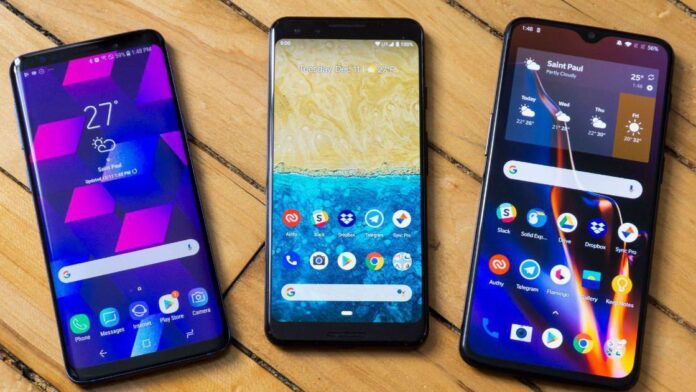Nearly 160m Nigerians now active, racing to achieve 50% broadband penetration this year
By Jeph Ajobaju, Chief Copy Editor
Nigeria’s active internet subscriptions across mobile, fixed, and VOIP networks increased to 159.5 million in May, an 8.6 per cent growth on 158.2 million in April.
The latest released by the Nigerian Communications Commission (NCC) shows mobile network operators MTN, Airtel, Globacom, and 9mobile maintained their dominance of the market with a total 159 million subscriptions.
VOIP operators, which include Smile Communications and Ntel, accounted for 335,121 subscriptions in May, other internet service providers (ISPs) accounted for 204,810 subscriptions in December 2022.
________________________________________________________________________
Related articles:
MTN optimistic 5G penetration will grow 10% this year
MTN revels in N568b revenue, with data beating voice in cash race
Voice and data fetch N2.68tr for MTN, Airtel
________________________________________________________________________
Broadband subscriptions up
After two months of consecutive decline, subscriptions to high-speed internet services, otherwise known as broadband, increased from 91.8 million in April to 92.2 million in May, according to NCC data, per Vanguard reporting.
This raised broadband penetration from 48.14 per cent in April to 48.28 per cent in May
Abuja is targeting 70 per cent broadband penetration through implementation of the Nigerian National Broadband Policy (NNBP) 2020-2025.
NCC Executive Vice Chairman of the NCC Umar Danbatta has pledged the Commission will provide industry leadership to raise broadband penetration well above 50 per cent in 2023, and achieve 90 per cent broadband coverage and 70 per cent penetration by 2025.
However, he stressed the country would need to attract more investment in telecommunication infrastructure to actualise these targets.
Backstory
A World Bank report said every 10 per cent increase in broadband penetration in any country would improve its Gross Domestic Product (GDP) by at least 4.6 per cent
The rapid rollout of broadband services in Nigeria is expected to address various socio-economic challenges, including economic growth, tax base expansion, and improvement in digital literacy and educational standards.
But implementation of the broadband plan, which began in 2020, has seen subscription decline for months at some point because of government policy of subscribers having to link their SIMs with their National Identity Numbers (NINs).
Broadband subscription slipped from the peak of 45.93 per cent in October 2020 to 39.79 per cent in July 2021.
Service providers lost 9.9 million broadband subscriptions between November 2020 and October 2022.













